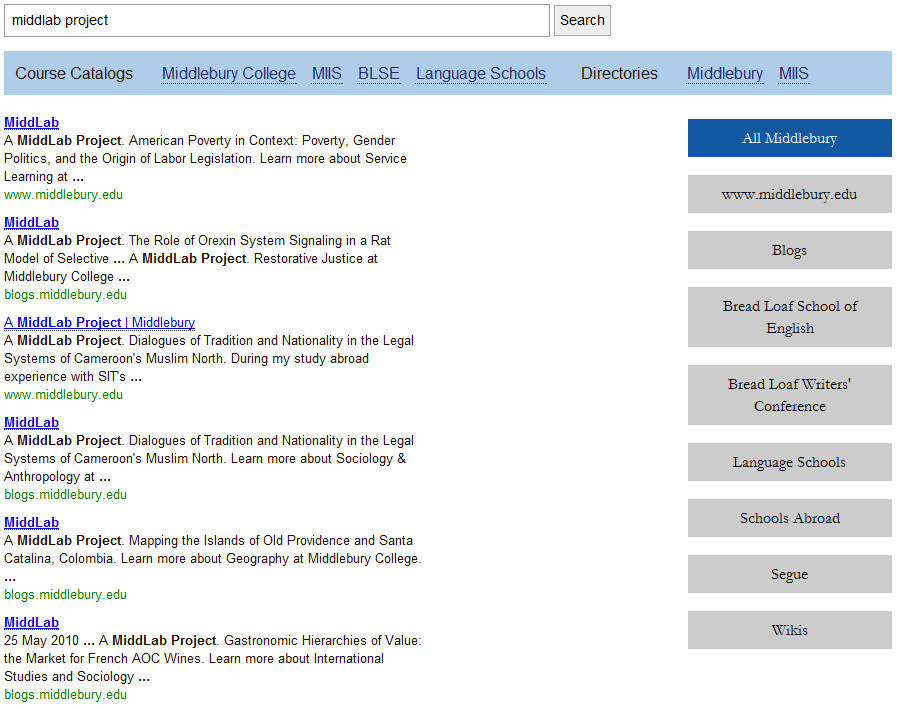During the past few years new versions of WordPress have made this system much easier to use — and our community has made use of these new abilities to make a wide range of sites structured in many ways.
Most of the content in WordPress sites are Posts, chronologically ordered entries that make up a ‘blog’ or news site. Pages on the other hand, are non-time-dependent content that can be arranged in a hierarchy. Traditionally, Pages in WordPress sites were used mostly for describing the blog, contact information, or other content that rarely changes and isn’t ‘newsworthy’. (more on Posts vs. Pages)
Recently, a number of sites have been making increasingly large use of Pages, such as to hold curricular resources that are then referenced from Posts describing assignments that use them. For sites that make significant use of Pages, site-owners can now enable the RSS Includes Pages plugin so that new pages are added to your site’s main feed. For course sites in WordPress, enabling this plugin will allow page additions to be fed into the Course Hub as updates.
We still recommend making use of Posts in WordPress sites to share new material with readers rather than heavily using Pages as Pages are still second-class citizens in many ways (such as support for tagging and categorization). With the new RSS Includes Pages plugin, Page-heavy sites can now feed new content to the Course Hub and others subscribed to their feeds.
